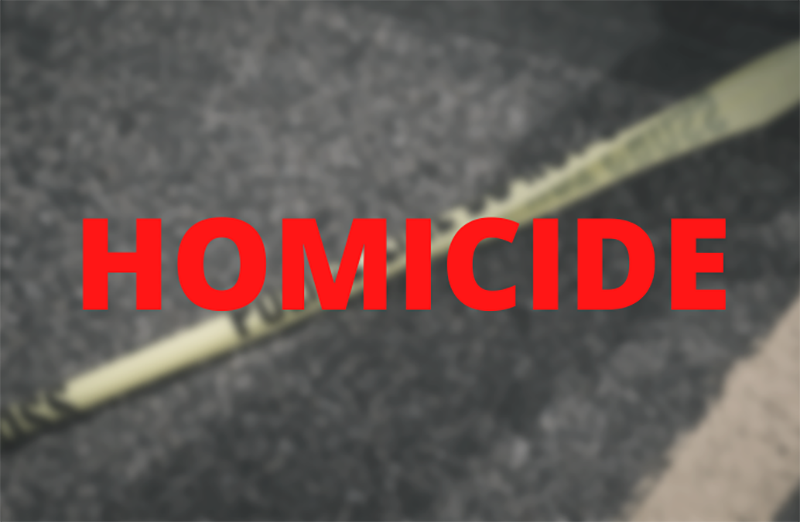
Thank you for reading D.C. Witness. Help us continue our mission into 2024.
Donate NowBy
Payton Anderson
- February 1, 2024
Homicides
|
Shooting
|
Seven years after the murder of 17-year-old Jhamari Sydnor, Superior Court Judge Maribeth Raffinan addressed a motion filed by co-defendants for a retrial, on Jan. 31.
Robert Moses, 24, and James Mayfield, 24, were charged on several counts, including first-degree murder while armed, assault with intent to kill, conspiracy, and aggravated assault while armed, for their involvement in the fatal shooting of Sydnor. The shooting occurred on Aug. 10, 2017, at the intersection of Montana and Saratoga Avenues, NE. The incident left 3 other individuals injured.
The trial was put before a jury five years after the crime, resulting in a guilty verdict on Dec. 8, 2022.
Defense attorneys Veronica Holt and Steven Kiersh motioned for a retrial in July of 2023 arguing that the prosecution purposefully withheld crucial evidence.
According to statements from all parties, the prosecution only recently handed over a pre-trial interview with their main witness, It revealed the witness saw Mayfield and Moses in Edgewood around the time of the shooting, not in the area the individual later testified seeing them.
“They [prosecution] knew Edgewood was relevant,” Holt said. “I never got a chance to investigate this, and had I known this, I would have questioned the police investigation.”
Holt argued that this was an “attempt to conceal evidence” on the prosecution’s behalf. According to Holt, the prosecution had this information at the time of the preliminary hearing on Nov. 6, 2017, and chose not to hand it over.
“What’s even more disturbing is that the [prosecution] provided evidence in a court pleading contradictory to what they heard from [a witness],” Holt said.
Holt claimed that, because the prosecution held this evidence for several years without handing it over, their actions were intentional.
“It is clear the [prosecution] did not want us to have access to this information because they feared it,” Holt said.
Keirsh echoed a similar sentiment, arguing that the evidence regarding identification could have very well altered the outcome of the trial.
“That information could have been investigated,” Kiersh said. “And there is a very real possibility that the jury could have made a different decision.”
The prosecution responded by claiming that the evidence was so “vast” that they simply missed the interview in their files, forgetting to hand it over altogether.
“We are not disclosing that this wasn’t turned over during trial,” the prosecution explained. “We do detest any intentionality in suppressing it.”
The prosecution defined the defense’s claims as “hypotheticals,” and ones they believed would not have made a significant difference in the trial.
“It’s too speculative to say that it could have led to anything,” the prosecution said. “The [prosecution’s] argument was so strong that there was no reasonable probability that there would have been a different outcome at trial.”
The “layering” of several pieces of evidence, including DNA traces and other witness testimonies, according to the prosecution, is enough to conclude the defendants’ guilt. The additional evidence from this interview would have had no impact on their argument, the prosecution said.
“There simply is no reasonable probability that the evidence, even if it were presented, would undermine the confidence of the outcome,” the prosecution said.
Holt countered the prosecution’s argument by claiming they misinterpreted the interview, but that still does not excuse the fact that this evidence was never disclosed.
“There is nothing speculative or vague about what [the witness] was saying,” Holt countered. “The [prosecution] didn’t believe them and that doesn’t give them the right to withhold evidence.”
Keirsh also said one of the jurors allegedly lied on her questionnaire during the trial’s jury selection. It wasn’t until mid-trial that Mayfield told Holt that he remembered her from his neighborhood years ago.
“Had we known that this African American woman knew or heard about this case, we would have moved to strike her,” Kiersh said.
Ultimately, Holt closed by arguing that this trial was simply not fair toward either party and set a dangerous precedent for the future.
“This is not just about this case,” Holt said. “This is about the ethics of how we do things.”
The motion hearing was cut short due to time limitations. Parties are slated to return on May 31.
Follow this case